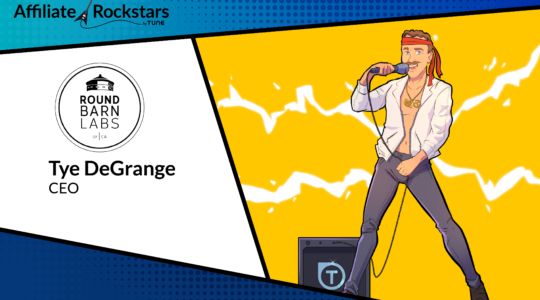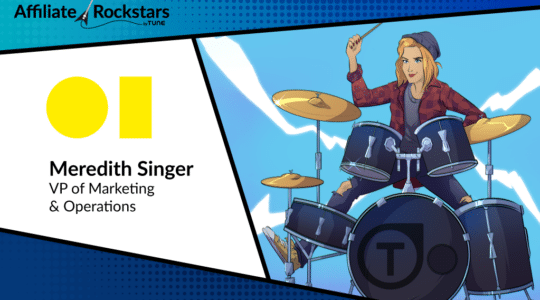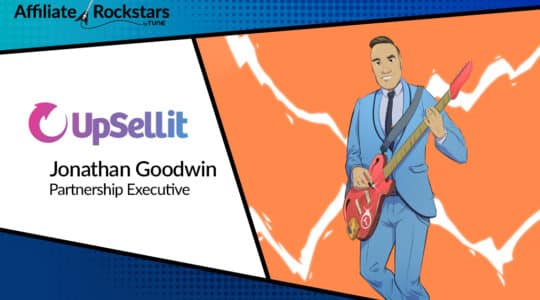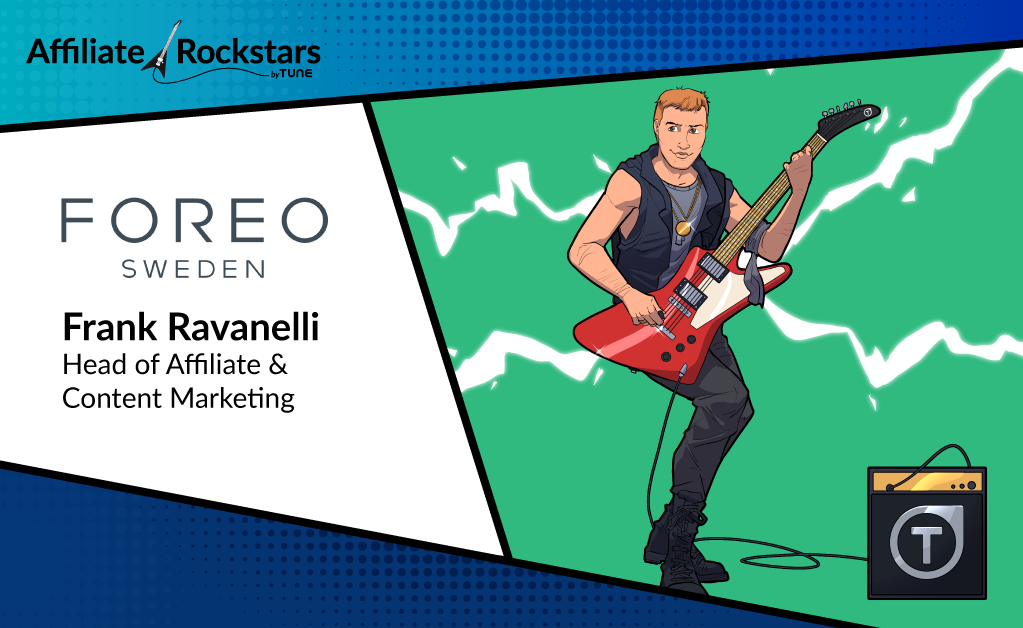
Introducing Frank Ravanelli
Frank got his start doing internet marketing back in 1995 before transitioning into the realm of affiliate marketing in 1999. Since then, he’s worked both at small internet startups and international companies, as a lecturer and brand manager, and as a few things in between. He has also lived and worked across the globe, calling places like London, Malta, Estonia, the United States, and Canada his home at one point. Frank now works remotely for FOREO, where he’s been for the last eight years.
See what insights and advice he has for brands, creators, and affiliates alike in his Q&A below!
Rockstar Q&A with Frank
What are your day-to-day duties?
I identify the main growth opportunities for our affiliate program. Ensure our program is compliant with our business goals. Work with affiliate networks and key affiliates. Monitor trends, opportunities, potential challenges. I lead both our affiliate and content marketing activities, the same applies to our influencer marketing investments.
How did you get into the affiliate industry?
A very long time ago, in the ’90s, as an affiliate. I promoted Amazon and CJ merchants. That gave me an edge when I started to work on the advertiser’s side, because I already knew other affiliates and what potential partners look for when selecting an affiliate program.
What was the best thing you learned at the last conference you went to? What conference was it?
I am a regular attendee and speaker at several affiliate conferences, especially at Affiliate World. There, I got some useful insights about what affiliates see in AI as opportunities and challenges.
What’s the biggest challenge you’ve come across in affiliate marketing?
Tracking. I do understand the need to ensure users can set their own privacy settings, and I fully support that. However, some changes to privacy seem to be more guided by self-interest than a real concern for us, the users. Thanks to TUNE, we have always been able to be proactive when it comes to tracking.
How do you interact with other marketers outside your affiliate/partner team?
LinkedIn is my second home; that is one daily way to see opportunities and keep in touch with peers. To see when they get promoted, or where they bring their skills, so we can find additional ways to work together.
What have you done in the past 6-12 months to improve your affiliate efforts?
We introduced partial automation, so the team can focus on higher added value areas like servicing top performers and networking with new partners.
How has your affiliate strategy changed over time?
We are becoming much more selective. When the program started in 2015, the threshold to become an affiliate was much lower than now. Still, we also value potential, so even a small partner who shows a responsible approach is welcome to join us through TUNE.
How do you think your strategy differs from other verticals?
We are very similar to overall e-commerce trends. However, the price point is one key difference. The consumer psychology of low price point, repeatable e-commerce of consumables is very different from the behavior of our customers. That is where the overall affiliate and content marketing ecosystem comes into play — to educate and convert.
What are some of the things you may do differently during the holiday season?
We negotiate a lot of special placements with affiliates, even more than usual. The couponing approach is also customized, due to public discounts available onsite.
Do you have what it takes to own the spotlight? Apply to be an Affiliate Rockstar today.
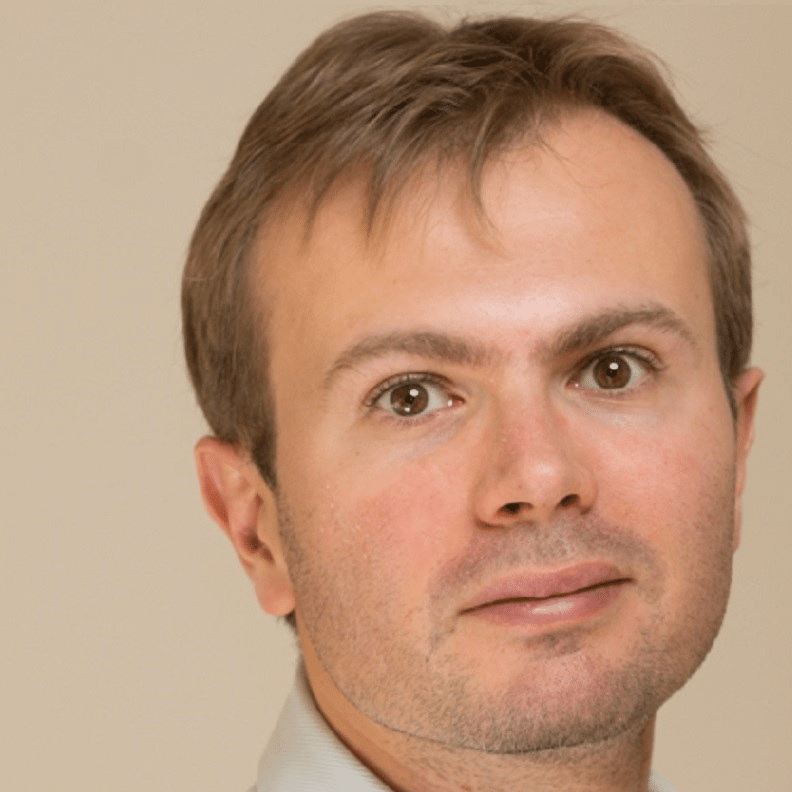
Author
During his time as VP, Business Development at TUNE, Nate spearheaded the Affiliate Rockstars series, which aims to highlight the hard-working individuals in the industry and share their expertise with a wider audience. Nate received his BA in Social Sciences from Washington State University.

